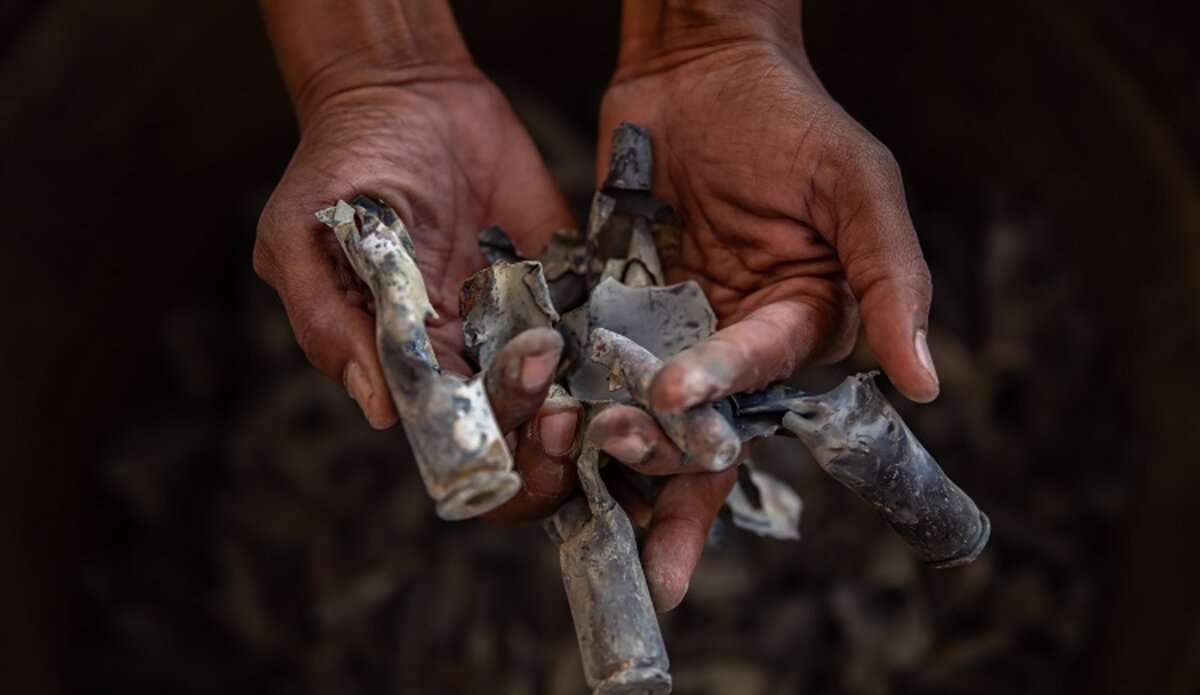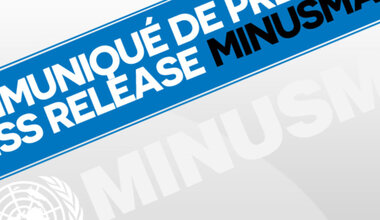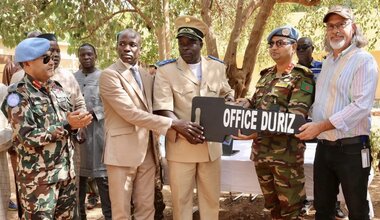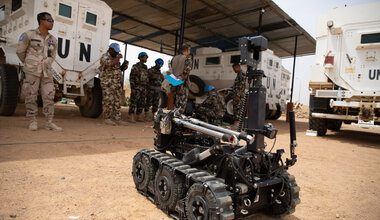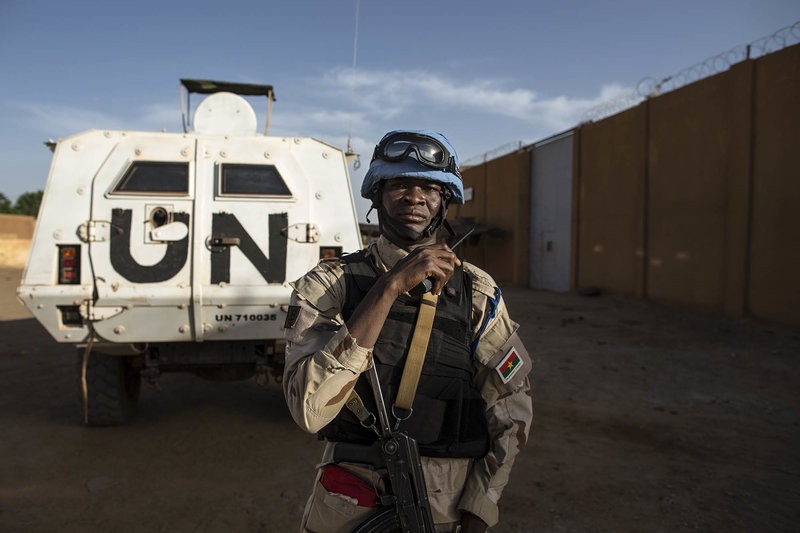How does MINUSMA dispose of unusable ammunition during its withdrawal from Mali?
As part of the drawdown of the United Nations Multidimensional Integrated Stabilization Mission in Mali (MINUSMA), we have chosen the upcoming closure of the Kidal camp to address a major concern: what to do with unserviceable ammunition?
The issue of safe ammunition management is central to the drawdown of troops. Ammunition that cannot be returned to the original contingents must be carefully disposed of.

To address this challenge, the United Nations Mine Action Service (UNMAS), in cooperation with the Nepalese contingent in Kidal, began destroying small caliber ammunition on 8 September, following a strict protocol. After careful sorting, the ammunition is grouped by category and subjected to an incineration process. A sophisticated incineration mechanism has been set up by the team to ensure that each munition is completely neutralized in complete safety.
In order to avoid any misunderstanding or panic among the local population due to the detonations caused by the burning of the cartridges, MINUSMA has taken the initiative to proactively communicate about this process. Through the local authorities and its Community Liaison Assistants, the UN Mission informed the residents of the neighborhoods surrounding the Kidal camp about this activity, thus ensuring transparency and trust.
In addition to the immediate dangers posed by explosive ammunition, the metallic remains of the cartridges, even after incineration, pose an environmental and security challenge. These fragments, often made of brass or steel, can accumulate and contaminate soil, posing a long-term risk to the local ecosystem and food chain.

In addition, these residues can be collected by malicious individuals and reused in the homemade production of new ammunition or improvised weapons, indirectly fueling the cycle of violence. To address this risk, MINUSMA has established protocols for the collection and processing of scrap metal. After the cartridges have been incinerated, the remains are carefully collected, stored and then recycled in a secure manner, away from the public and under the supervision of the relevant authorities.
This environmental cleanup reflects a comprehensive approach to the issues involved in the safe and orderly withdrawal of peacekeepers. While necessary, this action is a reminder of the importance of responsible ammunition management to protect lives and ensure security in this sensitive region. It also underscores MINUSMA's responsibility not only for security, but also for environmental protection and the prevention of future risks to the region.
In this regard, it should be noted that the Nepalese explosive ordnance disposal team, which is integrated into MINUSMA, plays an essential role in securing the country. Faced with the challenges posed by improvised explosive devices and explosive remnants of war, these experts have worked tirelessly to detect, identify and neutralize them. Their work, which combines technical expertise and community engagement, is critical to the safety of peacekeepers, infrastructure and the local population. Equipped with specialized equipment and operating under strict protocols, this team is also a reflection of the commitment of Nepal and the international community to the stabilization and peace of Mali.
The UN Security Council's decision to end MINUSMA's mandate on 30 June 2023, calls for a complete withdrawal by December 31, 2023.

 UN
UN United Nations Peacekeeping
United Nations Peacekeeping
